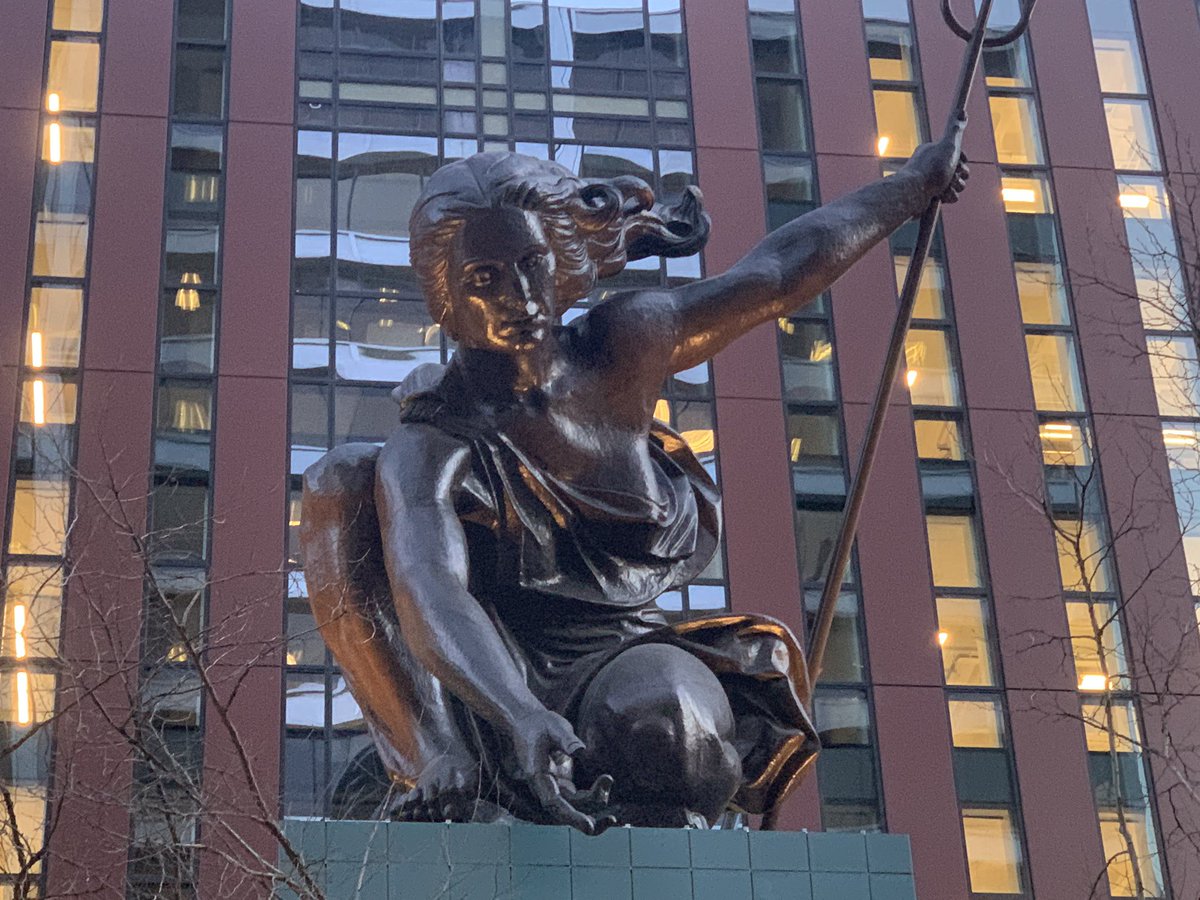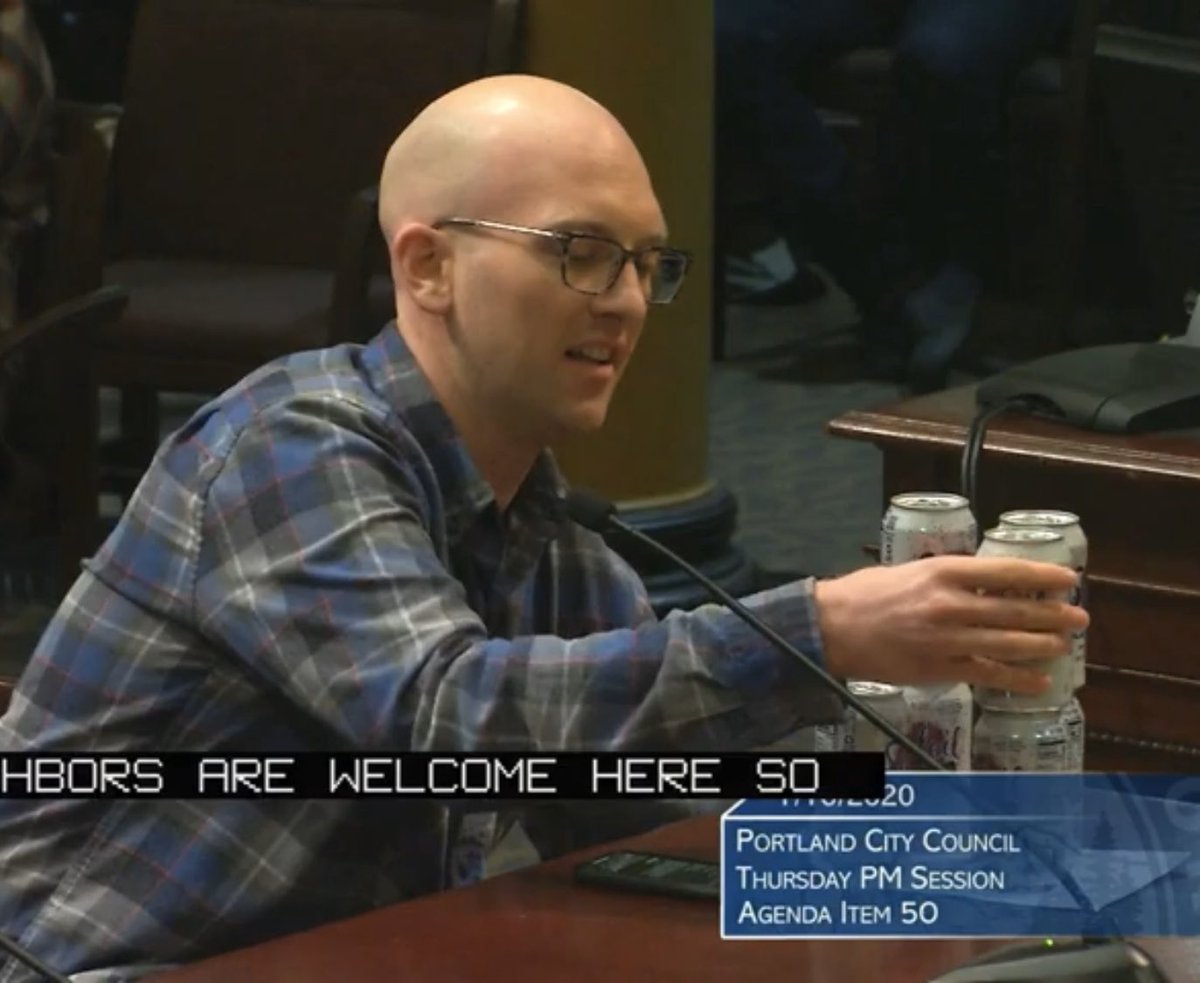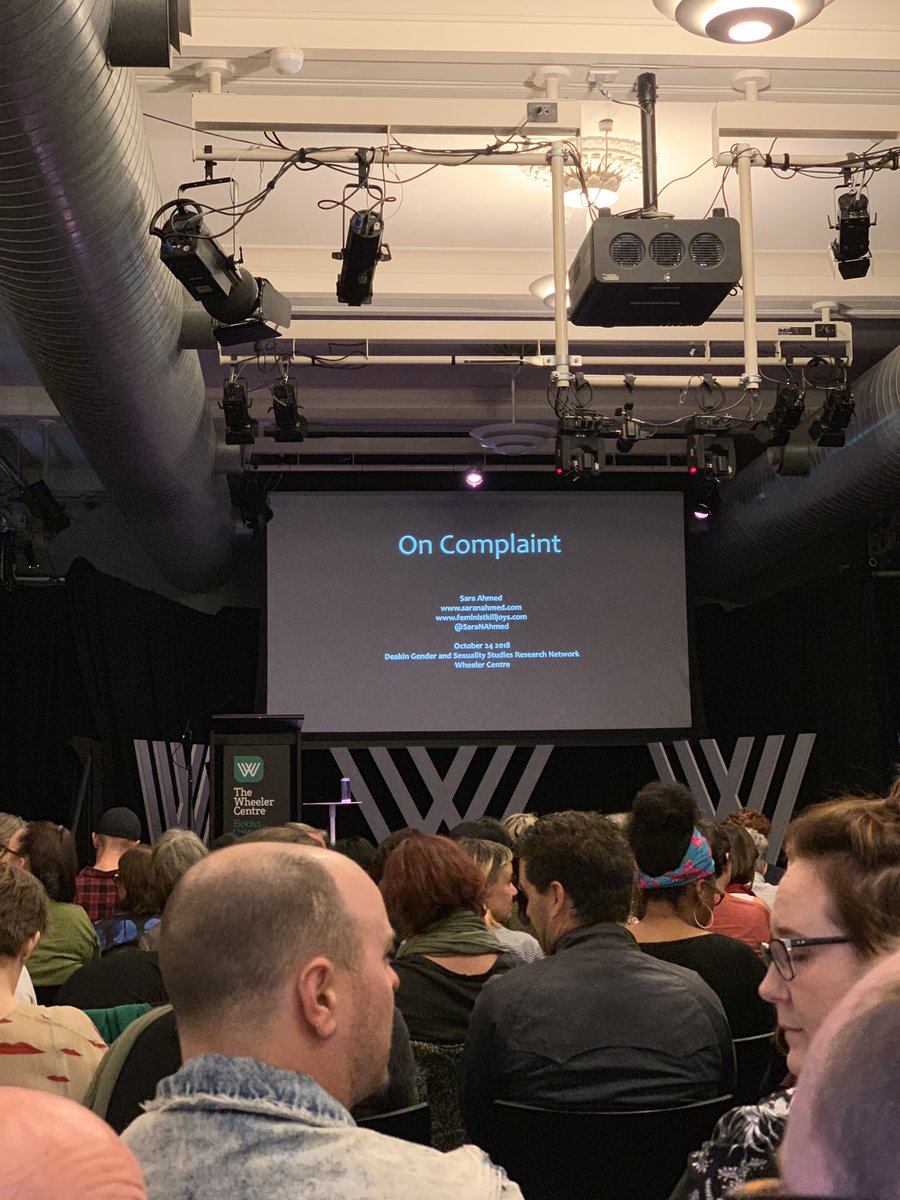We’re here (well, across the street at city hall) and live tweeting. #HousingChoices

“I am not against this plan”. She is looking for mitigation for East Portland, such as ways to help low income homeowners take advantage of the proposal, as a way to grow wealth.
"This is not about neighborhoods. This is about neighbors shaping the city, one lot at a time."
"Twenty minute neighborhoods that we all love should not only be for those who can afford $700,000 homes."
"We voted in support of the project, and want it passed with urgency," says Matchu. Encourages adoption of the Anti-Displacement PDX recommendations.
This project is not a very low income strategy, but it does take pressure off the housing occupied by low income people.
The city does however have to include them to come into compliance with HB 2001.
CAT supports Tenant Opportunity to Purchase.
His parents live in rural Michigan, and need to drive everywhere. They would like to live in walkable Ann Arbor, but can’t afford it. We need to give more people the opportunity to get around without a car.
They can live there, because NE Hancock has a mix of single family home and low rise apartments. He hopes with legalized fourplexes they could one day buy a home.

Says we don't need to the project to accommodate growth; that it won't produce affordable housing; that it will create displacement. Name checks @Intersection911 (who was in support).
(In what is surely a coincidence, this would exclude Laurelhurst, Eastmoreland and Irvington from allowing most types of middle housing).
(Every single young person has been in support tonight.)
Says the project may not result in more people sleeping in a block every night, because of smaller unit size.
Fritz, speaking by phone, is opposed. Says we shouldn’t make policy based on “gut reactions”, which is frankly beyond patronizing.
Despite strong support of the project from @SunrisePDX, Fritz is saying we shouldn't adopt the project because of the climate crisis.
Says she's generally in support, and excited to see the project come to council. Notes history of exclusionary zoning, and how income is a proxy for race in exclusion.
Hearing loud and clear community desire for the project—and strong anti-displacement measures.
Where are we today? We’re a city where if you work full time, for anything less than $24 an hour, you can’t afford to live here.
"I admire you all so much", she says of @PortlandBPS. "This is not something that has been rushed! Four and a half years is not too quick!"
“A lot of people do not feel included when we talk about neighborhoods.”
Anyway, I’m off for some food and a beer. —@maccoinnich.







